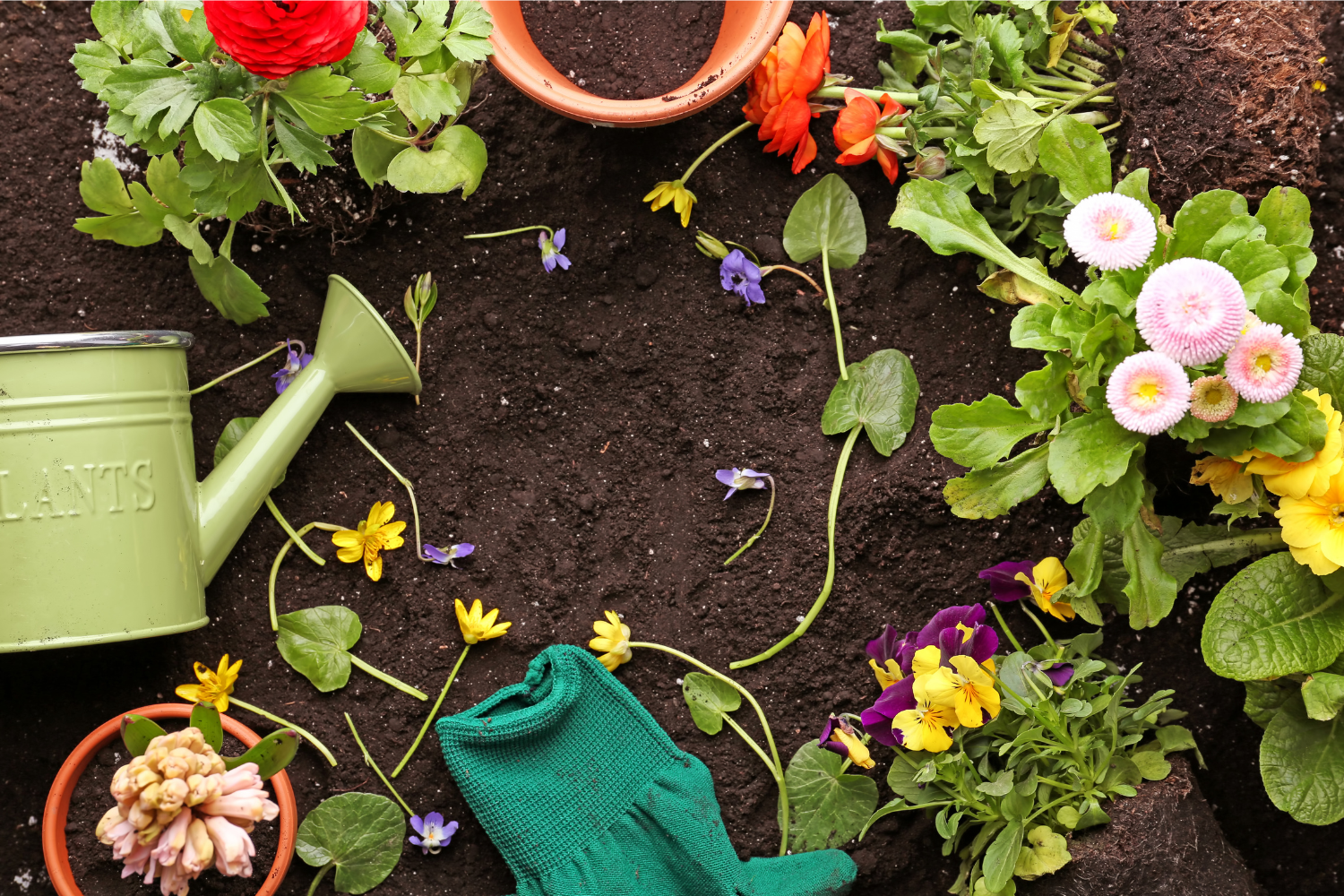How to Make an Eco-Friendly Garden
•Posted on April 14 2023

A garden is a nice and sustainable way to enhance your landscape and add aesthetic value to your surroundings.
What is even better than a regular garden? An organic garden.
Organic gardens are both sustainable and environmentally friendly because they work with nature and are not against it.
Related Post: 7 Ways to Make Your Garden More Sustainable
What is an Eco-Friendly Garden?

An eco-friendly garden is created and run using organic materials and practices.
This organic method of growing plants is also closely associated with conservative water utilization.
An organic garden also becomes an oasis for all kinds of insects that help pollinate different plants both in the garden and in souring areas.
Eco-friendly gardens are uniquely designed to conserve the environment and the planet at large.
Recommended for You:

Creating an Eco-Friendly Garden

We won't lie to you, gardening of any kind requires a level of commitment and dedication.
You have to be ready to get down and dirty or pay someone to do the work on a regular schedule.
If this does not put you off here are a few tips and tricks to get your organic garden buzzing with organic and eco-friendly life.
-
Use your own seeds
Did you know you can collect your own seeds from your plants?
This way, you can ensure your seeds are 100% organic.
It is also a great way to ensure your eco-friendly garden constantly has a bud in bloom.
A garden that is constantly in bloom is a great source of nectar for bees and other pollinators.
Related Post: 5 Types of Pollinators and How to Attract Them
-
Work on your water consumption
Wasteful use of limited resources is bad for the environment.
It's helpful to always remember to turn off your garden hose when you're done with it.
Being aware of how much water you are using is one of the easiest sustainable gardening practices you can start right away.
-
Work with nature
Local plant life is more likely to do well in your garden than plants that are not.
Plant as many local plants as possible to give your garden the best chance of thriving and contributing to the local ecosystem.
-
Employ Companion Planting
Some gardeners use companion gardening to encourage plants to grow and flourish as well as mask smells and deter pests.
City gardening especially can benefit by practising tomato companion plants.
You can also use Greenway Biotech's Tomato Fertilizer Plus Micro Nutrients to encourage your plants to thrive and yield high amounts of produce.
Recommended for You:

-
Only Use Organic Fertilizer
This is the most important part of maintaining an organic garden.
Most lab-produced fertilizers contain chemical elements that are harmful to the soil and nearby water bodies especially when not properly incorporated into the soil.
Organic fertilizer includes manure and any other animal by-products like blood and bone.
What is the Difference Between Eco-Friendly And Sustainable Gardening?

By definition, sustainable gardening can be described as gardening with the future gardener in mind.
On the other hand, eco-friendly gardening is gardening that only employs methods that are good for the environment and the planet at large.
Both types of gardening practices are geared toward taking care of the environment.
Related Post: Get the Most From Your Garden With Companion Planting
Work With Greenway Biotech on Your Garden

We carry a wide selection of fertilizers that will make the perfect addition to your eco-friendly garden beds.
We are dedicated to providing your garden with the purest, eco-friendly products to use around your garden.
Browse through our website today and find a variety of organic products that work for your unique garden and plants.
Comments
0 Comments
Leave a Comment